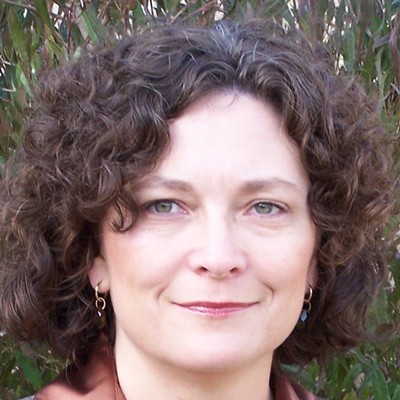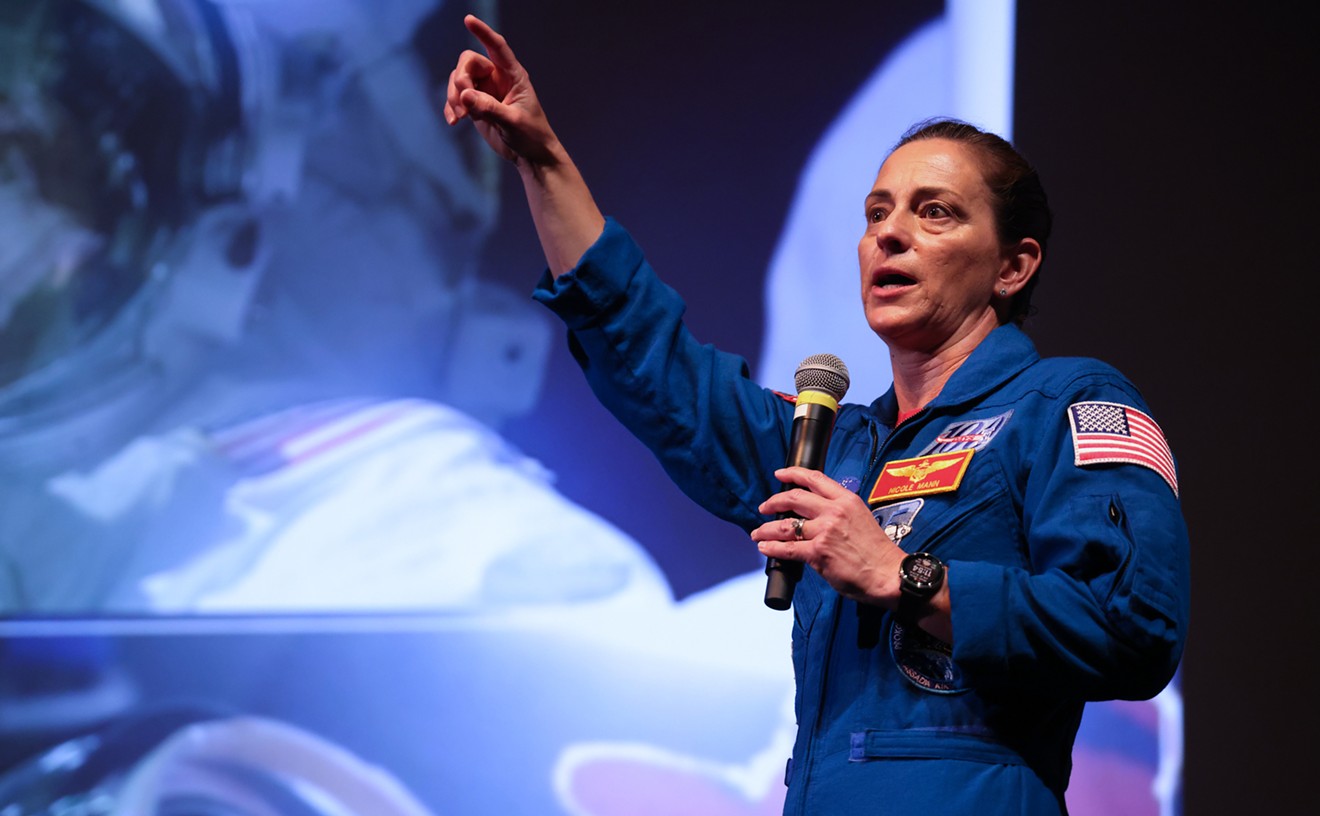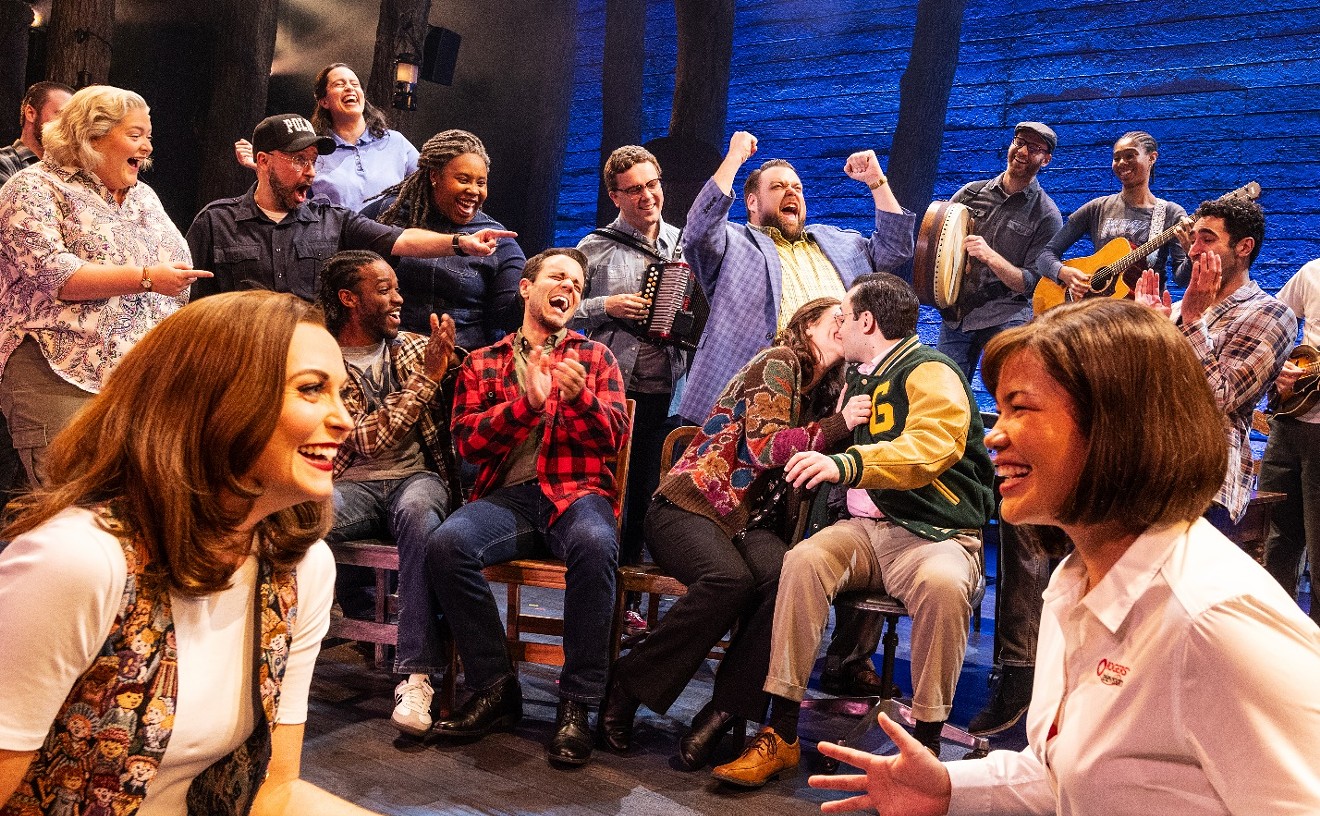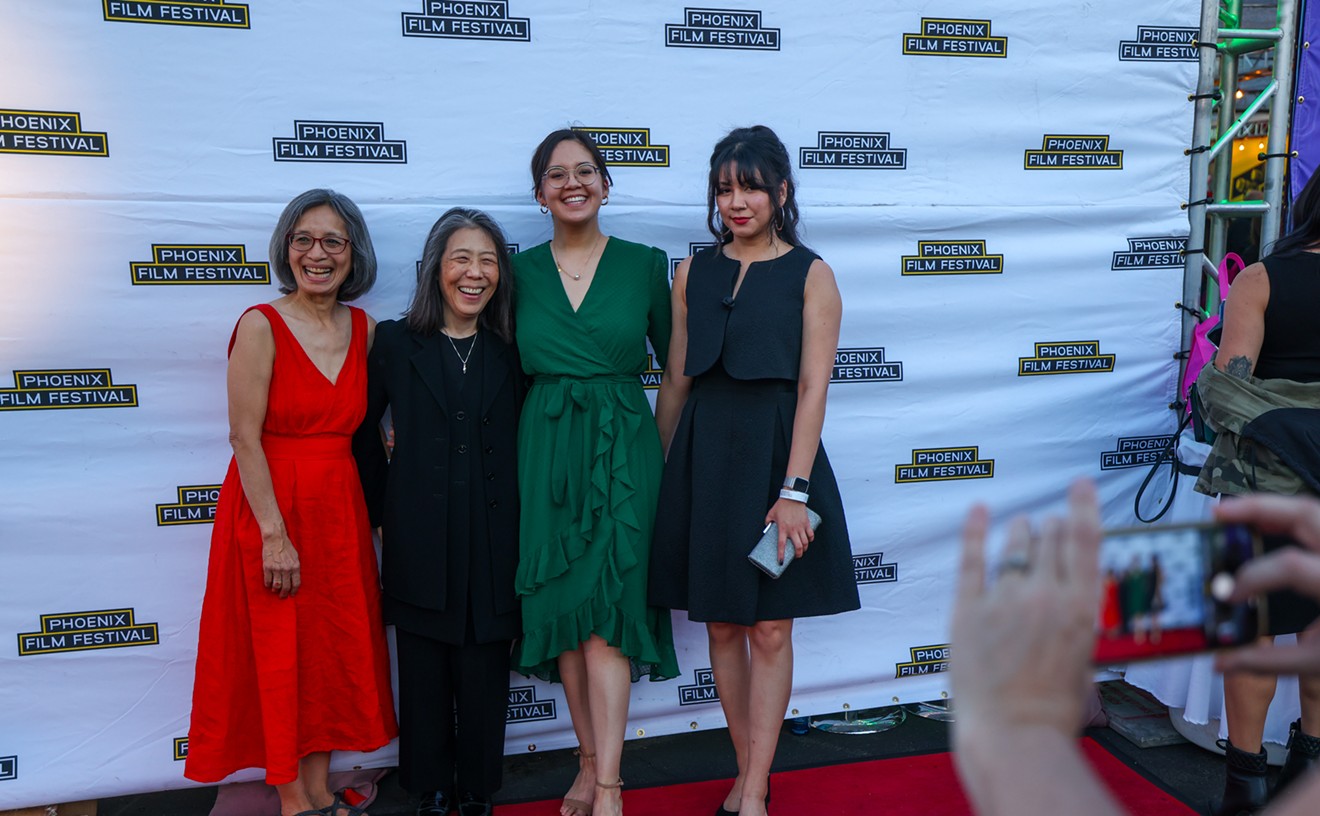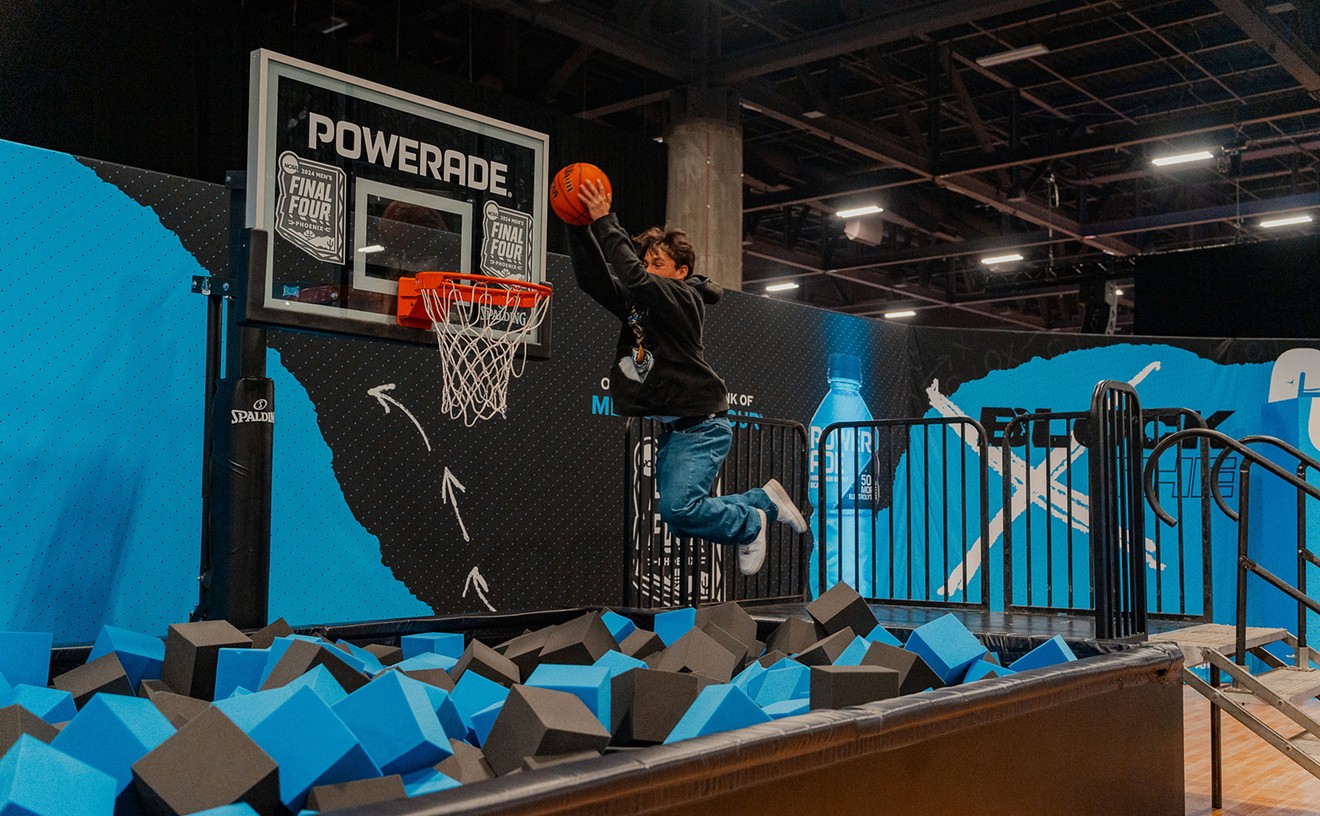The Southwest artist collective Postcommodity will be featured in the 2017 Whitney Biennial at the Whitney Museum of American Art in New York City. The invitational exhibition includes works by emerging to well-established artists and runs from March 17 to June 11, 2017.
Postcommodity is an interdisciplinary arts collective comprising Raven Chacon, Cristóbal Martínez, and Kade L. Twist – whose work has been exhibited at ASU Art Museum and Scottsdale Museum of Contemporary Art. In 2012, they were featured in the 18th Biennale of Sydney in Australia.
The Whitney Biennial, a renowned survey of contemporary art in the United States, was inaugurated by Gertrude Vanderbilt Whitney in 1932. Curated by Christopher Y. Lew and Mia Locks, the 2017 Biennial is the first Biennial happening at the museum’s new building in Manhattan’s Meatpacking District.
Key themes for the 2017 Biennial include "the formation of self and the individual's place in a turbulent society." Featured media include painting, sculpture, drawing, installation, film and video, photography, activism, performance, music, and video game design. Postcommodity creates work in several of these media.
Lew and Locks chose 63 participants, including Postcommodity, which will be showing a 2016 video titled A Very Long Line. Postcommodity’s recent body of work also includes Repellent Fence, a 2015 installation bisecting a portion of the United States and Mexico border.
"One of our goals is creating indigenous narratives, especially those of self-determination, and connecting them with the larger public sphere," Twist says. For him, the Whitney Biennial is an affirmation that they're achieving it.
Postcommodity learned they’d been invited to participate in a letter, which they received from the curators back in July. "The opportunity to be part of something that significant is beyond dreams," Martínez says.
Twist describes getting the news as "other-worldly, surreal, humbling, and gratifying."
The process started months earlier, when the curators met with Postcommodity during April in Santa Fe, New Mexico. That location made sense because Twist is based in Sante Fe, and Chacon in Albuquerque. Martínez lives is Mesa.
In between, the collective had several conversations with the curators about various pieces and its overall body of work.
Martínez isn’t sure how Postcommodity landed on the curators’ radar to begin with, but it’s likely Repellent Fence was a factor. “We’ve been emergent in the art world for some time now, and Repellent Fence propelled us into some sort of visible spotlight,” Martínez says.
He describes A Very Long Line as an extension of Repellent Fence, inspired by observations made along the border while they were scouting possible Repellent Fence locations. It’s basically a critique of the border wall, Twist says.
Through techniques used to shoot and edit the video, which has an original soundtrack composed by the collective, the artists give viewers the experience of being surrounded by the wall as if it’s closing in around them – referencing the loss of freedom inherent in self-isolation from one’s neighbors.
Postcommodity was founded in 2007, and several artists have participated in the collective through the years. Steve Yazzie, whose work has been exhibited at Phoenix Art Museum and Heard Museum, was involved early on.
Yazzie is one of several people the collective credits with helping them along the way. Others include a veritable who’s who list of the Phoenix arts scene past and present: Marilyn Zeitlin, Sara Cochran, Gordon Knox, and Julio Cesar Morales, to name a few.
The collective is quick to acknowledge the role metro Phoenix's arts infrastructure played in growing their art practice. “Phoenix helped give birth to Postcommodity,” Martínez says. “We feel a great deal of gratitude towards the Phoenix arts community.”
[
{
"name": "Air - MediumRectangle - Inline Content - Mobile Display Size",
"component": "18478561",
"insertPoint": "2",
"requiredCountToDisplay": "2"
},{
"name": "Editor Picks",
"component": "16759093",
"insertPoint": "4",
"requiredCountToDisplay": "1"
},{
"name": "Inline Links",
"component": "17980324",
"insertPoint": "8th",
"startingPoint": 8,
"requiredCountToDisplay": "7",
"maxInsertions": 25
},{
"name": "Air - MediumRectangle - Combo - Inline Content",
"component": "16759092",
"insertPoint": "8th",
"startingPoint": 8,
"requiredCountToDisplay": "7",
"maxInsertions": 25
},{
"name": "Inline Links",
"component": "17980324",
"insertPoint": "8th",
"startingPoint": 12,
"requiredCountToDisplay": "11",
"maxInsertions": 24
},{
"name": "Air - Leaderboard Tower - Combo - Inline Content",
"component": "16759094",
"insertPoint": "8th",
"startingPoint": 12,
"requiredCountToDisplay": "11",
"maxInsertions": 24
}
]


